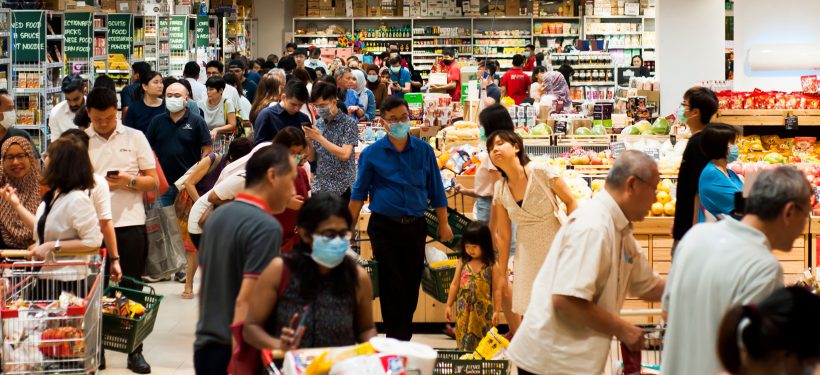Under the circumstances of COVID-19, the issue of food vulnerability has reached an unprecedented global scale impacting large populations and demographics. The analysis of how the urban form, density, logistics, infrastructures, community structure, community behavior, and distribution of food stores influence food vulnerability will help to understand emergent patterns of food consumption, thereby informing the design of a new food resilient system.
Resources / COVID-19 Resources / Working Groups / Issues, Impacts, and Recovery / Urban Design Strategies for Future Food Systems
Urban Design Strategies for Future Food Systems

Working Group Leads
Carla Brisotto, University of Florida and Ziming Li, University of Florida
Emails: c.brisotto@ufl.edu; lizimingisat@gmail.com
Working Group Members
Fabiano Lemes de Oliveira, Politecnico di Milano
Cristina Cassandra Murphy, Morgan State University
Lei Wang, Wuhan University
Zhang Zhang, Tsinghua University
Zhe Zhang, Texas A&M University
Jiafeng Zong, Nankai University

